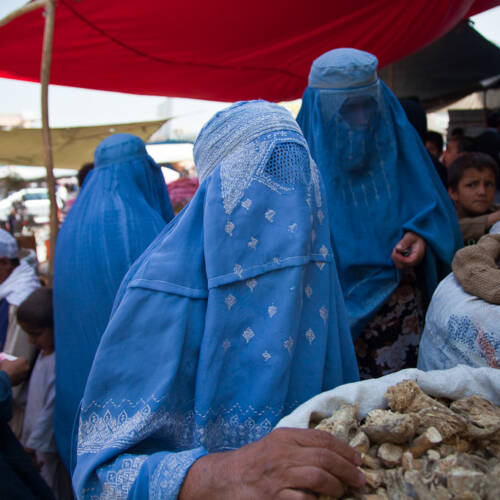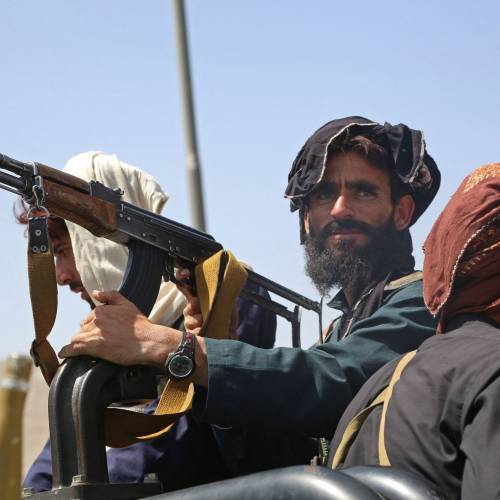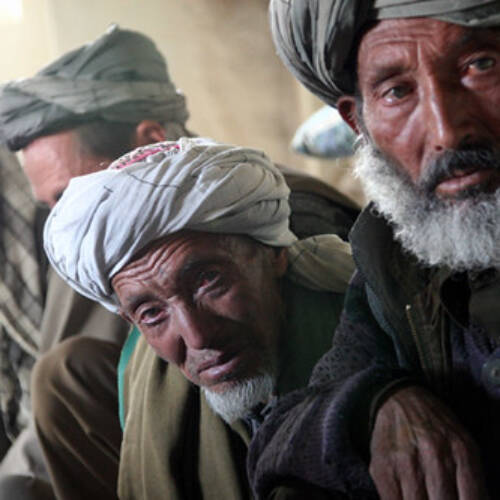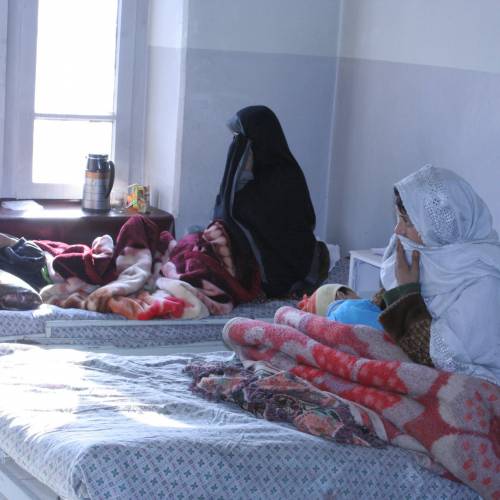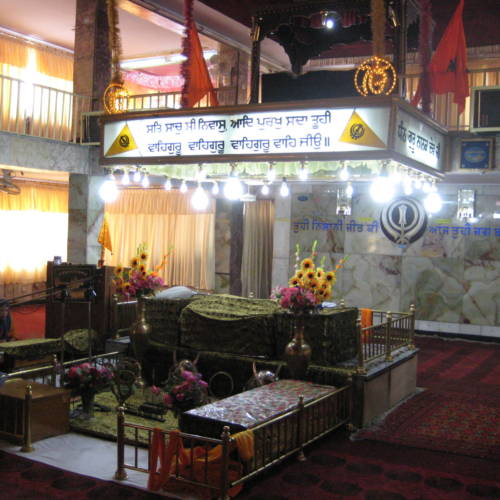
The Taliban Government: How Internal Rivalries Threaten the Stability of Afghanistan
29 Nov 2021The Taliban has never been a homogenous group. But now as the reality of running a country in crisis starts to kick in, rival factions battling for larger influence means that Afghanistan’s future hangs in the balance once again.
Amongst the various splinter groups and militias that contribute to the Taliban’s war machine, that proved decisive in their takeover of the country on August 15th, there appears to be one clear division within its senior leadership that highlights an uneasy and counter-productive power-sharing agreement within their government.
The political leader of the Taliban and current interim Deputy Prime Minster, Abdul Ghani Baradar, represents a pragmatic side to the leadership. A highly experienced authority (a co-founder of the Taliban), he is generally seen as more willing to engage in diplomacy with the international community than his counterpart deputies. He signed the Doha Agreement in 2020 with the United States and held meetings with the CIA to discuss an orderly U.S military departure at the end of August this year. Experts have described him as ‘the West’s man’.
However, that a significant portion of the Taliban membership were disappointed with the group negotiating with the United States highlights the existence of a more radical faction of leaders that hold increasing amounts of influence in the current government. Sirajuddin Haqqani for example, currently the Interior Minister in the Taliban administration, represents this radical wing. He leads the infamous Haqqani Network, a militant Sunni Islamist organization, designated a terrorist group by the United States in 2012. The group have a strong relationship with Al-Qaeda, and have pushed the Taliban leadership to carry out more deadly and high-profile attacks in Kabul, along with the use of suicide bombing.
Haqqani’s decision-making power within the Taliban and elsewhere in the region should not be understated. He has formal control over 20 Afghan provinces, including Kabul, and is seen as the group’s de facto military leader. His strident anti-West stance and influence over foreign fighters like the Pakistani Taliban makes him the favorite of the radical Taliban membership, and countries such as Pakistan.
In a country troubled by an economic and humanitarian crisis, such a rift in the Taliban leadership presents multiple problems for its survival in government. One of which is the proliferation of opposing jihadi militias in Afghanistan, attracting foot soldiers who have become disillusioned with the current direction of the Taliban government, of which may not be radical enough for many of membership who were promised a more hardline application of Sharia Law in the country.
Linking to this issue is the penetration of external actors that aim to take advantage of the current divisions inside the Taliban administration in an effort to destabilize the country. Pakistan is one such actor, of which wants leverage over the Taliban and control of regional jihad. In this endeavor, the country’s intelligence establishment have been supporting smaller jihadi groups that are engaging in violence against the Taliban. This puts the administration in a tough position, at risk of losing their grip on the security situation in the country, which in-turn pushes more soldiers into groups like IS-K (Islamic State of Khorasan).
Then there’s the issue of international aid, which the country desperately needs in a time of widespread poverty and civil unrest. The Taliban need foreign aid to prevent the looming economic collapse and ensure their own political survival. However, in order to do this, the group must moderate their political stances to be in line with international norms and values. This means forming an inclusive government, comprised of Women and technocrats who have had previous administrational experience. However, ceding to international pressure will come at the cost of losing military power, foot soldiers who are more invested in a radical direction.
This seems too much of a price to pay for the Taliban, with less demanding donors like Qatar, China and Turkey being alternative sources of aid. In any case however, donors aren’t always willing to suspend aid for political concessions, as the desperate need from ordinary Afghans presents a humanitarian reason to sustain foreign aid in some form. However, as the Taliban are pushed to a more extreme stance by the Haqqani Network’s influence, this can only worsen the situation in the country, as thousands are already fleeing in fear.






